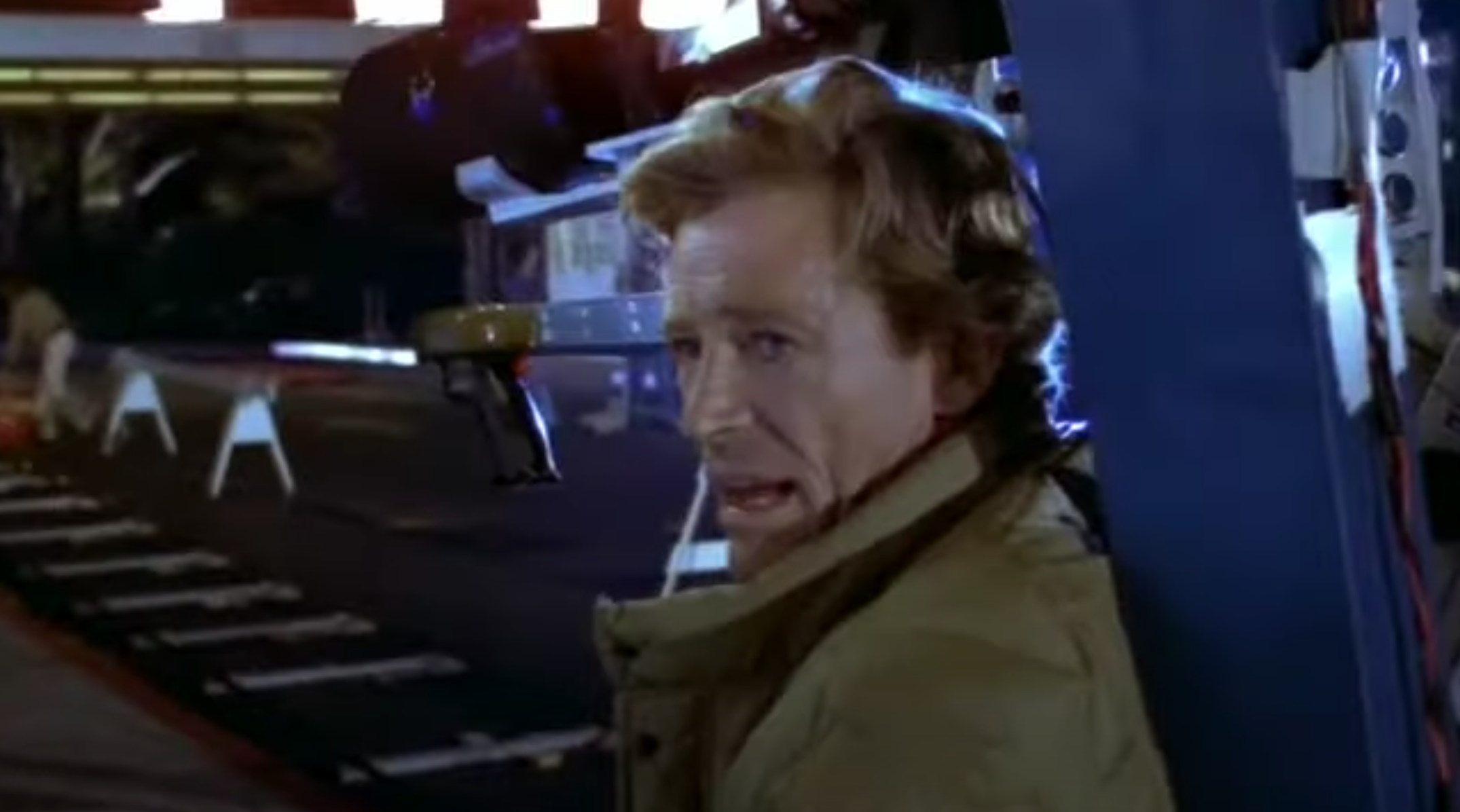All hail director Richard Rush, who passed on 4.8.21 at age 91.
I met, interviewed and even hung out with Rush a bit during the 1980 promotion (spring and summer) of The Stunt Man — an audacious, whimsical turn-on that’s partly a sardonic comedy and partly a surreal meditation on the nature of “reality” and filmmaking. It was Rush’s one big triumph, or more precisely as a success d’estime within the community of hip know-it-all critics.
I was flattered to be invited to a special Manhattan Stunt Man gathering that included Rush, costar Steve Railsback and three or four elite journo schmoozer types — a boozy late-night hang that went into the wee hours. Out of this I became friendly (short termish) with Railsback’s wife Jackie (aka Jackie Giroux). Several weeks later I wangled a GQ assignment to interview Peter O’Toole, whose Stunt Man performance as director Eli Cross was one of his best, at his London home**.
Wiki excerpt: “Adapted by Rush and Lawrence B. Marcus from a same-titled 1970 novel by Paul Brodeur, The Stunt Man is about a young fugitive (Railsback) who lucks into a stunt double gig on the set of a World War I movie whose charismatic director (O’Toole) is quite the force of nature. Pic was nominated for three Oscars: O’Toole for Best Actor, Rush for Best Director and also for Best Adapted Screenplay.”
Rush directed one other noteworthy, high-profile film — Freebie and the Bean, a 1974 anarchic cop-buddy comedy with James Caan and Alan Arkin.
Actually I’m forgetting Rush’s Getting Straight, a 1970 campus protest comedy with Elliot Gould. I haven’t seen Getting Straight for such a long time that it looks like up to me. Zero recollection.
** The O’Toole interview happened only with great difficulty. I had what I understood was a meeting scheduled for a piece about his career resurgence due to his knockout performance in The Stunt Man. I flew to London with that deal supposedly in place. But when I got there I was told by one his reps, “What interview?”
I obtained the address of O’Toole’s Hampstead Heath home, and began to leave daily, hand-written letters in his personal mailbox, begging him for a sit-down and stressing that I was a poor journalist who’d flown over from NYC, etc. His reps finally said okay.
O’Toole and I had about 30 or 40 minutes in a downstairs study at his home. It happened two or three days after John Lennon was killed. Not a great interview (O’Toole doesn’t talk to you — he stands upon a mountaintop and proclaims), and on top of which only half of it was recorded due to some glitch. I nonetheless managed to throw together a reasonably good article…whew.

